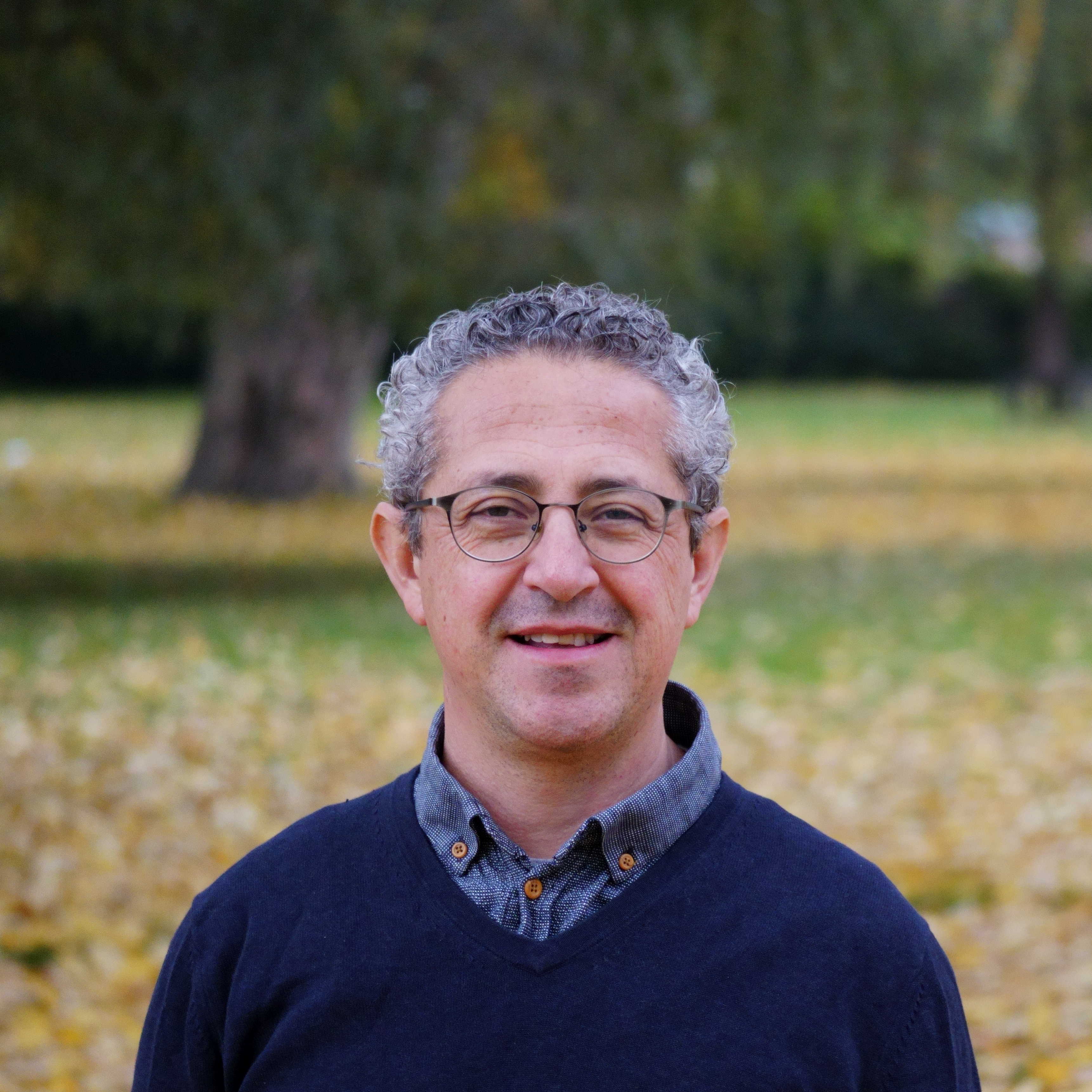Carlos A. Sierra
Research group leader

- Email:
- Carlos A. Sierra
- Post:
- Max Planck Institute for Biogeochemistry, Postbox 10 01 64 - 07701 Jena, Germany
- Phone:
- + 49 3641 578928
- :
- 0000-0003-0009-4169
- :
- Scholar
- :
- Blog
- :
- GitHub
Research interests
I study the global carbon cycle and its interactions with the climate system. In my research group we develop mathematical concepts for the study of ecosystems, implement computational tools for the analysis of biogeochemical models, and perform observational and experimental studies to improve our predictions about the responses and feedbacks between climate and the terrestrial biosphere.
Some research questions that guide our current work include:
- For how long does carbon stay in terrestrial ecosystems and the entire terrestrial biosphere?
- How long would it take to remove carbon of fossil-fuel origin from the atmosphere-biosphere-surface ocean system?
- Can we adaptively manage terrestrial ecosystems to increase the time carbon remains stored before returning to the atmosphere?
- How sensitive are terrestrial carbon stocks to simultaneous changes in multiple environmental factors?
Education
| Degree | Institution | Year | ||
|---|---|---|---|---|
| PhD in Forest Science | Oregon State University | 2006-2009 | ||
| M.Sc. in Forest Science | Oregon State University | 2003-2006 | ||
| B.Sc. in Forestry | Universidad Nacional de Colombia sede Medellín | 1995-2001 |
Teaching
I teach different courses at the International Max Planck School for Global Biogeochemical Cycles and at other institutions:
| Course | Institution | Material | ||
|---|---|---|---|---|
| Global Biogeochemical Cycles | FSU Jena | |||
| Terrestrial biosphere | IMPRS-gBGC | Lecture notes | ||
| Ecosystem modeling | IMPRS-gBGC | Lecture notes | ||
| Radiocarbon models | U California Irvine | Lecture notes |
Selected publications
Sierra, C. A., Quetin, G. R., Metzler, H., & Müller, M. (2023). A decrease in the age of respired carbon from the terrestrial biosphere and increase in the asymmetry of its distribution. Philosophical Transactions of the Royal Society A: Mathematical, Physical and Engineering Sciences, 381(2261), 20220200. https://doi.org/10.1098/rsta.2022.0200
Sierra, C. A., Metzler, H., Müller, M., & Kaiser, E. (2021). Closed-loop and congestion control of the global carbon-climate system. Climatic Change, 165(1), 15. https://doi.org/10.1007/s10584-021-03040-0
Sierra, C. A., Crow, S. E., Heimann, M., Metzler, H., & Schulze, E.-D. (2021). The climate benefit of carbon sequestration. Biogeosciences, 18(3), 1029–1048. https://doi.org/10.5194/bg-18-1029-2021
Sierra, C. A., Ceballos-Núñez, V., Metzler, H., & Müller, M. (2018). Representing and Understanding the Carbon Cycle Using the Theory of Compartmental Dynamical Systems. Journal of Advances in Modeling Earth Systems, 10(8), 1729–1734. https://doi.org/10.1029/2018MS001360
Metzler, H., Müller, M., & Sierra, C. A. (2018). Transit-time and age distributions for nonlinear time-dependent compartmental systems. Proceedings of the National Academy of Sciences, 115(6), 1150–1155. https://doi.org/10.1073/pnas.1705296115
Sierra, C. A., Müller, M., Metzler, H., Manzoni, S., & Trumbore, S. E. (2017). The muddle of ages, turnover, transit, and residence times in the carbon cycle. Global Change Biology, 23(5), 1763–1773. https://doi.org/10.1111/gcb.13556
Sierra, C. A., Trumbore, S. E., Davidson, E. A., Vicca, S., & Janssens, I. (2015). Sensitivity of decomposition rates of soil organic matter with respect to simultaneous changes in temperature and moisture. Journal of Advances in Modeling Earth Systems, 7(1), 335–356. https://doi.org/10.1002/2014MS000358
Sierra, C. A., & Müller, M. (2015). A general mathematical framework for representing soil organic matter dynamics. Ecological Monographs, 85, 505–524. https://doi.org/10.1890/15-0361.1
Sierra, C. A., Müller, M., & Trumbore, S. E. (2012). Models of soil organic matter decomposition: the SoilR package, version 1.0. Geosci. Model Dev., 5(4), 1045–1060. https://doi.org/10.5194/gmd-5-1045-2012
Sierra, C. (2012). Temperature sensitivity of organic matter decomposition in the Arrhenius equation: some theoretical considerations. Biogeochemistry, 108(1), 1–15. https://doi.org/10.1007/s10533-011-9596-9